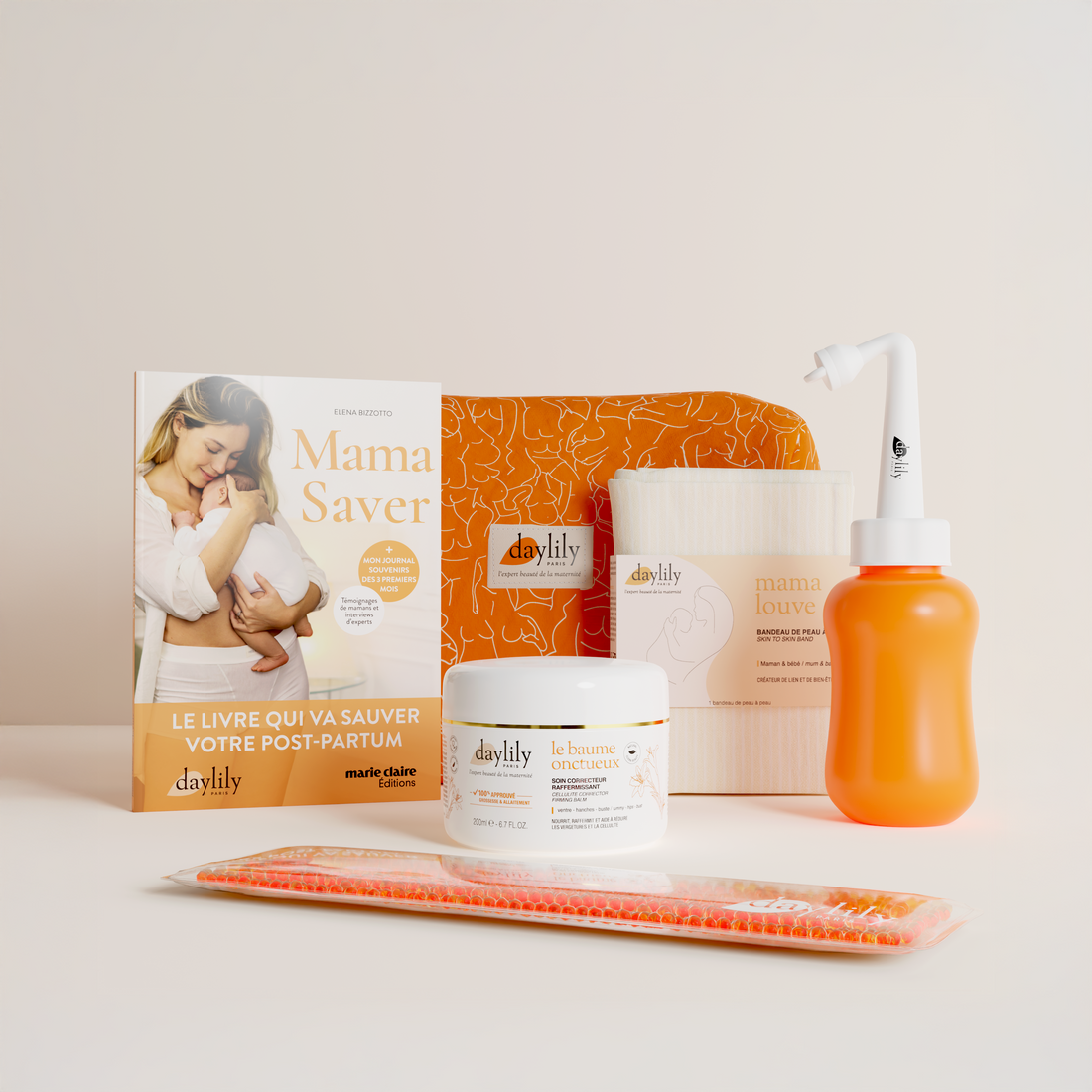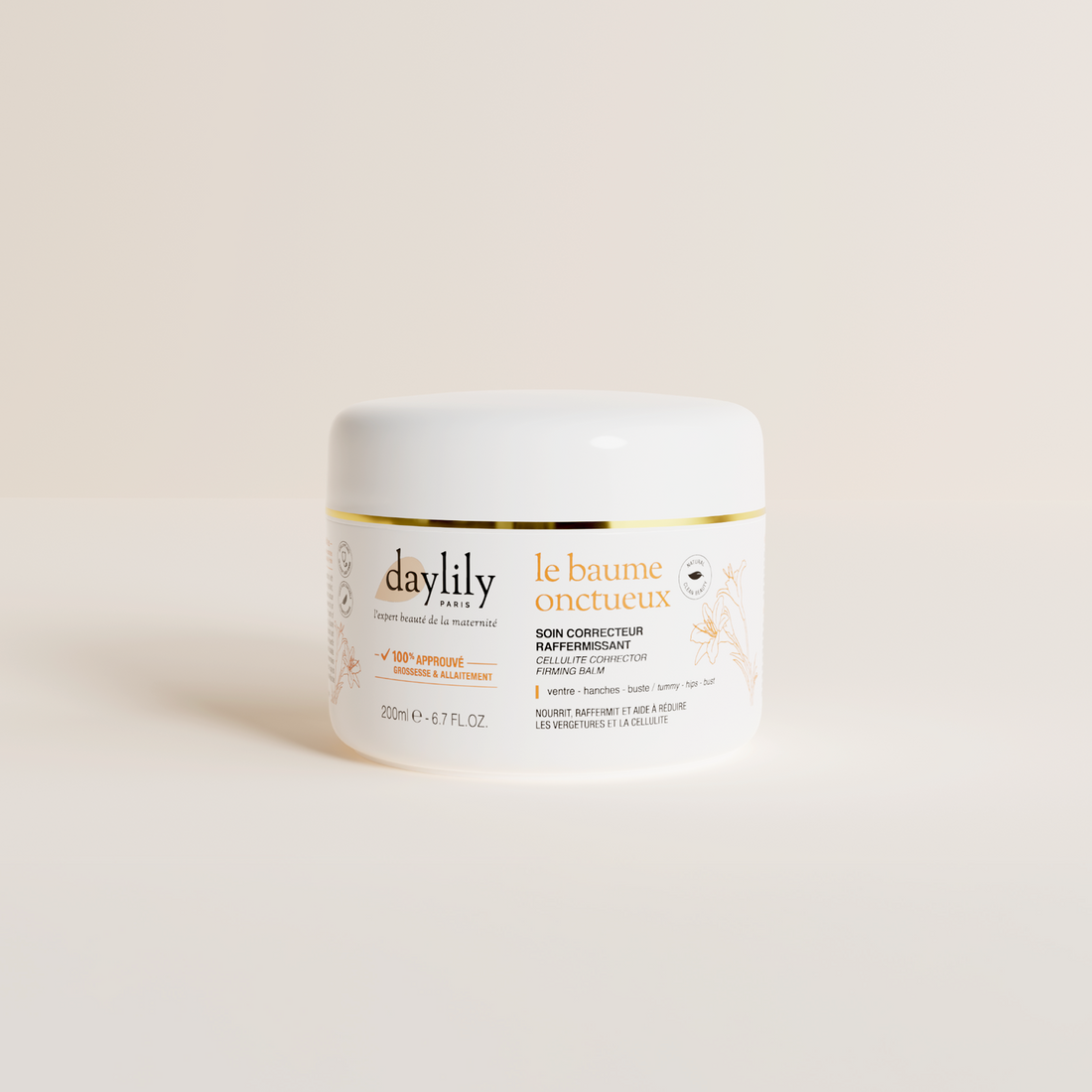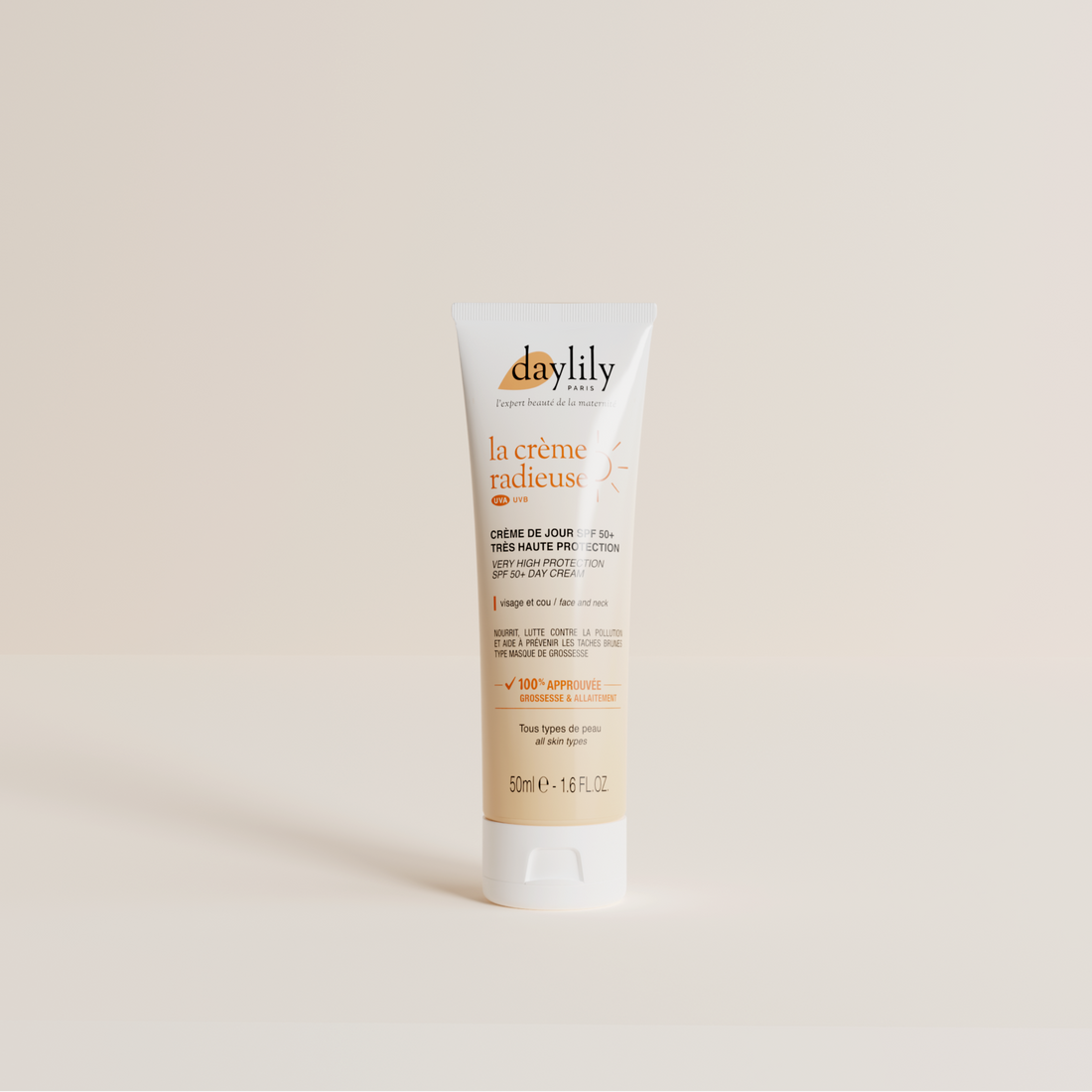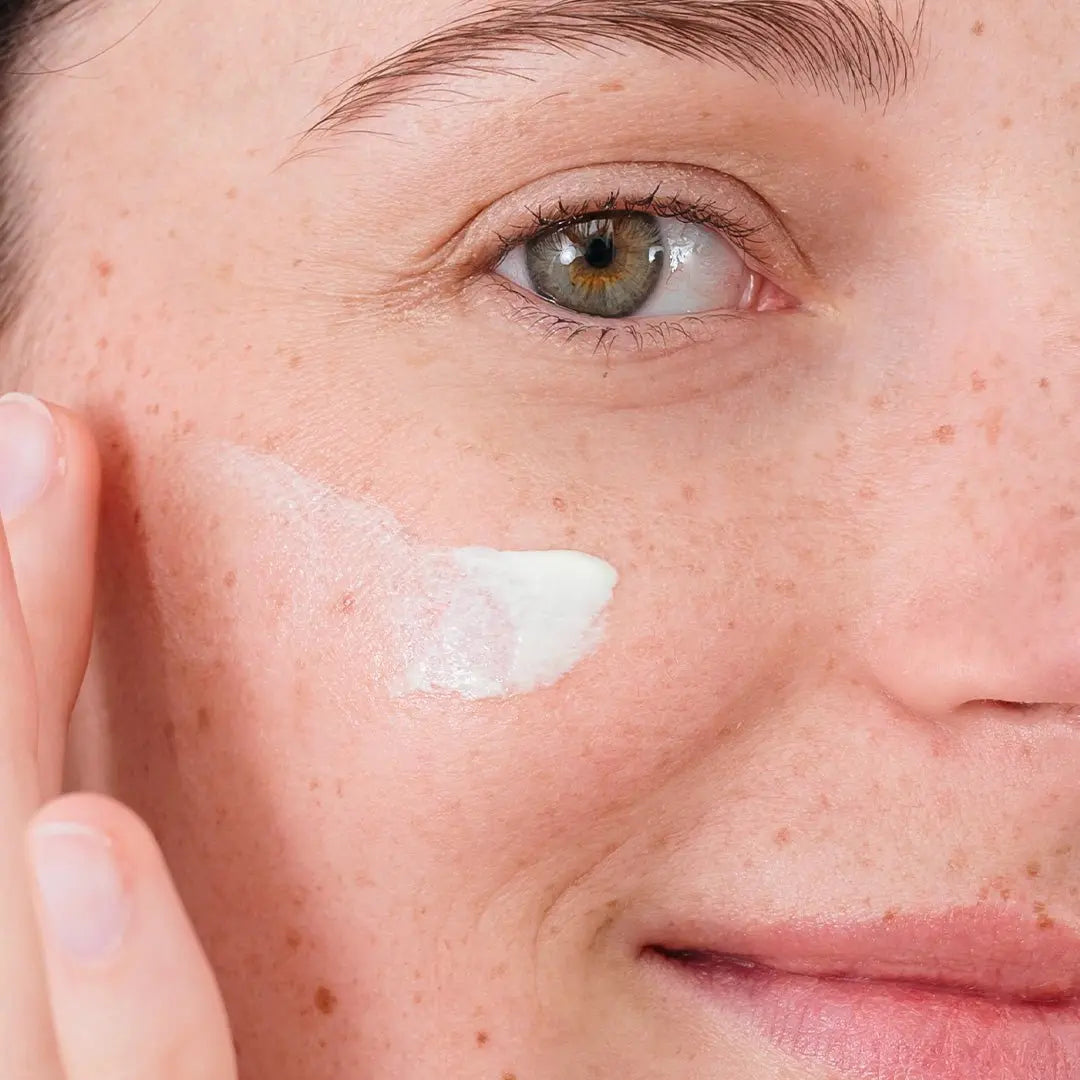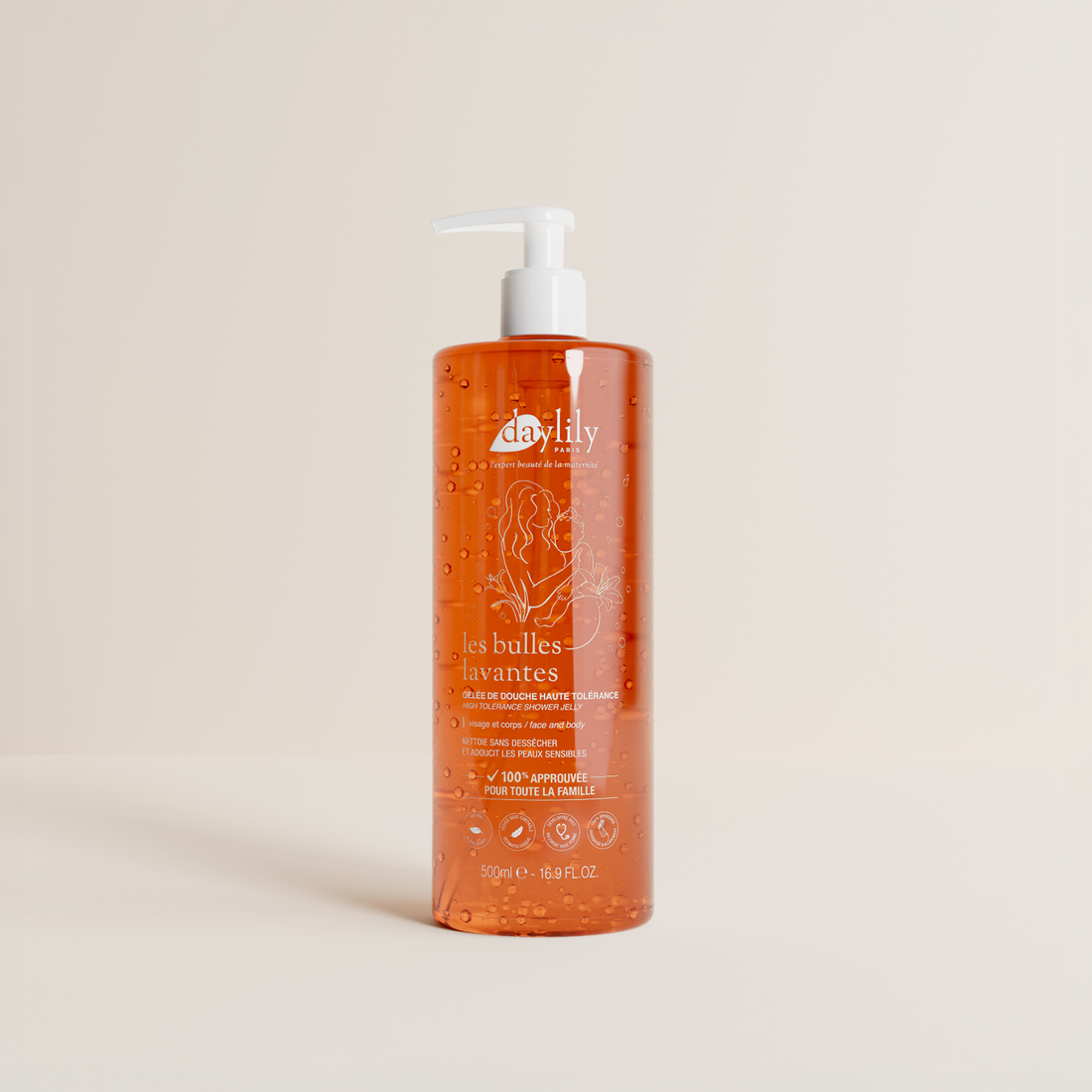- Postpartum depression: what are the symptoms?
- Postpartum depression and baby blues: what's the difference?
- What factors promote postpartum depression?
- How to treat postnatal depression?
Postpartum depression: what are the symptoms?
Postpartum depression – also called postnatal depression – occurs in the weeks or months after giving birth. Although it can in theory appear at any time after the baby's arrival, two frequency peaks are often observed : between the 4th and 6th week and between the 9th and 15th month after birth. (1) Among the symptoms observed, we can cite:
- A deep sadness, and a vagueness in the soul, without really being able to explain the reason;
- Frequent crying ;
- A lack of interest in the child. The young mother does not want to take care of her baby, or devalues herself, thinking that she is a bad mother anyway, that she is doing it wrong, which increases her stress and her fear of doing wrong;
- A disinterest in all everyday things, which are done mechanically, “because they have to”. The young mother is not motivated for sport, for work, for going out with her friends, and gradually withdraws into herself;
- Extreme irritability and anxiety, accompanied by uncontrollable mood swings;
- Constant fatigue, which can be accentuated by sleep disorders. The woman suffering from postpartum depression will then suffer from insomnia, or on the contrary sleep too much, to escape her daily life;
- A change in appetite, in one direction or the other;
- In the most extreme cases, postnatal depression can lead to suicidal thoughts or the desire to harm oneself or the baby.
It is to be distinguished from baby blues, which also manifests itself just after childbirth.

Postpartum depression and baby blues: what's the difference?
Postpartum depression can be confused with baby blues, because certain symptoms overlap: strong emotionality, irritability, anxiety are also present. Baby blues is also very common, since it affects 70 to 80% (2) of young mothers in the days following childbirth, while hormones drop drastically in the body. But unlike postpartum depression, baby blues do not last over time : they last from a few days to two weeks maximum. A depressive state which does not resolve on its own and which persists over time should suggest postpartum depression.
What factors promote postpartum depression?
Let it be said: any woman can suffer from postpartum depression after the birth of a child, regardless of her age, socio-professional category or lifestyle. However, some risk factors are observed:
- have already experienced depressive disorders or mental disorders in the past;
- having experienced stressful events during pregnancy (illness, bereavement, loss of job, marital conflicts, etc.);
- lack of sleep and lack of support from those around you;
- an unstable relationship with your partner;
- a history of drug addiction.
Good to know: postpartum depression does not only affect women. It can also affect young dads , who should not hesitate to ask for help if depressive disorders appear or worsen after the birth of their baby.
How to treat postnatal depression?
First of all, don't hesitate to talk about it. The subject remains a bit taboo, because in the collective mind, a birth is a wonderful event that can only fill you with joy. It's difficult to admit in this case that you are suffering from postpartum depression and that you are not swimming in happiness...
Open yourself to a caring ear like a friend, your mother or your other half who can support you on a daily basis. It is important – but not always easy – to get a good rest: don't hesitate to ask those around you to look after your baby and to take naps and sleep longer to relieve fatigue.
If you cannot rely on your loved ones, a post-natal carer can provide you with emotional and logistical support. You will also benefit from a free session with a support person trained by Oh Mama Care – a specialist in postnatal support at home – by purchasing our Mama Saver postpartum kit.
It is also essential to eat enough and correctly, to try to move, to get some fresh air every day (by taking a little walk for example), and also to give yourself a few moments just for yourself. Hairdresser, shopping, spa, having a drink with friends or treating yourself to a moment of pampering with our postpartum treatments ... It is important to take care of yourself, it directly affects your morale! No need to look far: you can do very simple things that you like and only take 5 or 10 minutes, with guaranteed beneficial effects. Drinking coffee alone, reading, taking a walk, getting bread are all ideas that can boost your morale!

If all these efforts are not enough, or if you have no one to confide in, you can contact a health professional such as a midwife, a psychologist or your doctor: they will know what support to offer you. to treat these depressive symptoms, and will be able to refer you to medication or hospitalization if necessary.
If you are afraid of being separated from your baby, know that there are mother-child units, where you will be welcomed and supervised with your little one while you get your bearings, regain energy and hunt the dark thoughts that grip you. These units have the advantage of offering you support while helping you to forge the mother/child bond, which is so precious for finally experiencing fulfilled parenthood.
Sources:


